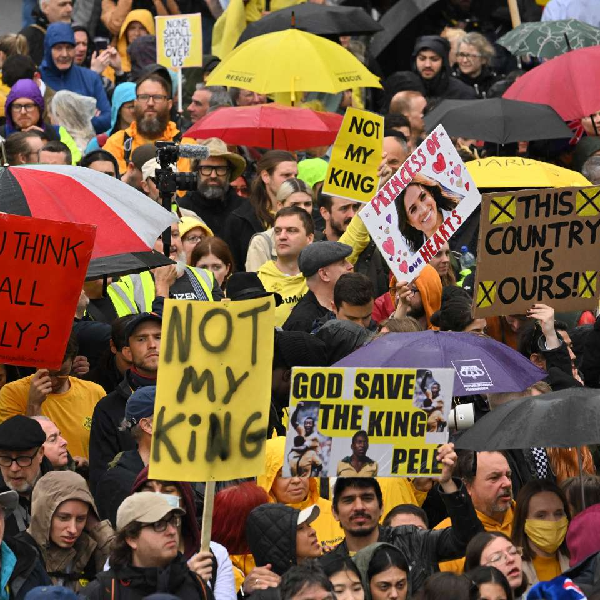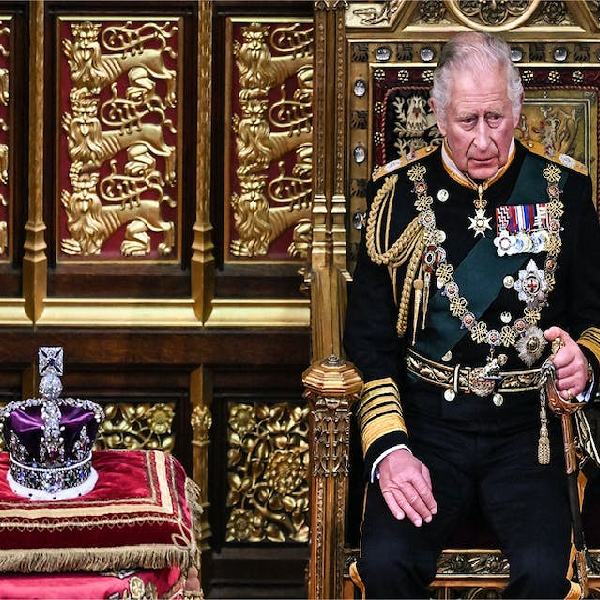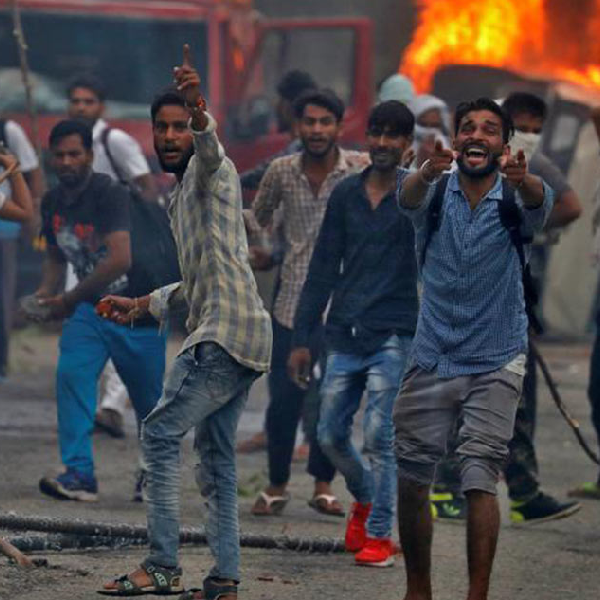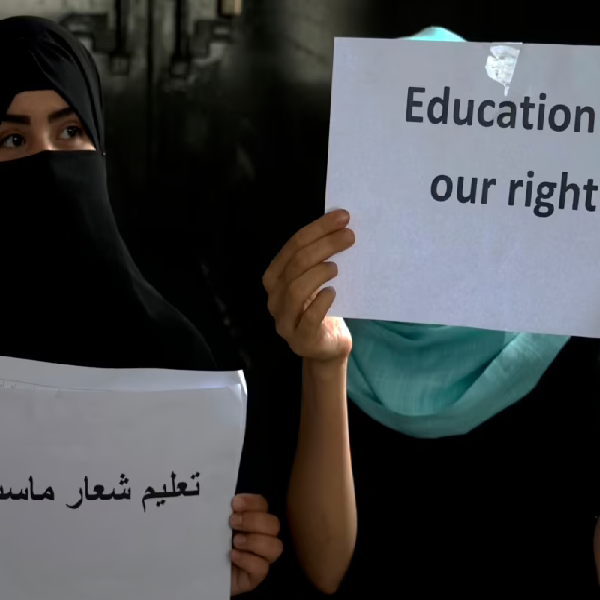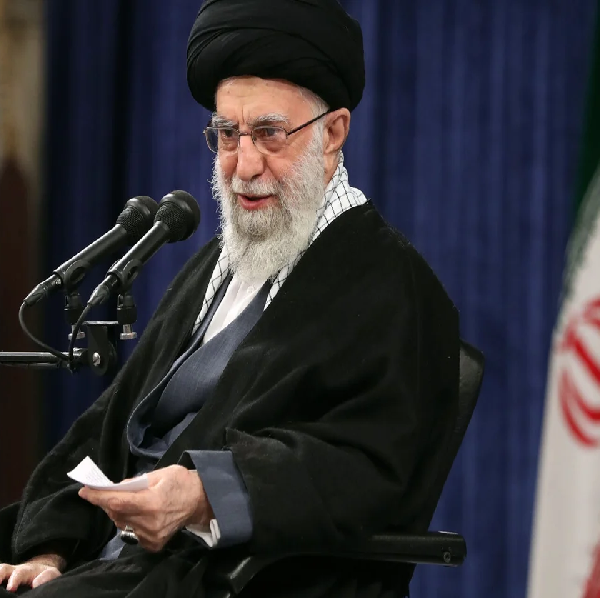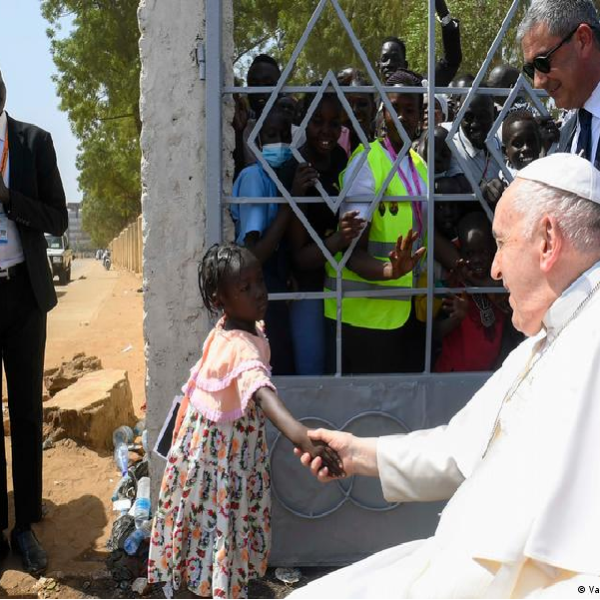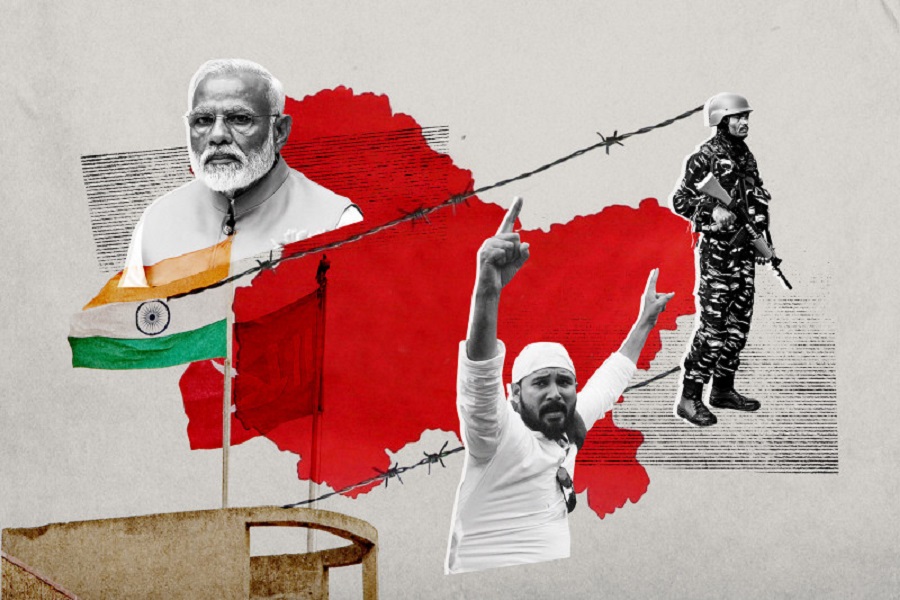
Upon abolishing political autonomy given to Kashmir state of India via revoking sector 370 of the Constitution, the future of a whole subcontinent is being steered to the edge of a mass decimation.
Nowhere is the public opinion of India being second rated before the opinion of Modi. Many living in India right now toast with bliss upon the decision made to erase Indo-Kashmir from the political map.
Why was Indo-Kashmir pinned to be special in the first place?
The soils had been recognized special, solely because of the ‘political sensitivity’ gravitated throughout the land. The soils remained unanswered in the realm of politics. Many find Indo-Kashmir to be a fundamental part of their national identity and pride.
How 370 was revoked
Because 370 has been revoked, the federation too follows. By doing so, Kashmir would politically be navigated per ultimate will of the Central Government.
The Sector 370 of the Indian Constitution hitherto had been debated rather heatedly in the political arena over the questions above remained unanswered. India had viewed Jammu Kashmir as an expendable easily be swiped out, not as an issue that demanded solutions.
The Bharatiya Janata Party (BJP), renowned for Hindu extreme ideologies, always viewed Jammu Kashmir to be malignant upon their political agenda for the longest time. Modi publicly declared during 2019 election manifesto that the Secton 370 of the Constitution would be abolished. When the proposal was tabled in parliament, the National Congress of the Gandhians, the Indian majority opposition, objected to it. But parliamentary democracy has always been the popular opinion in the umbrella of parliamentary chambers. Needless to say, that the protests from the Indian National Congress with minority power found no effective at all.
The silence of Kejriwal and Mayavati
Neither Aravind Kejriwal nor Mayavati came in support for the National Congress amidst the controversy.
Mayavati, a woman who saw casting first hand in her own experience and suffered discrimination, is a Dalit public representative. She is the leader of Bahujan Samaj Party.
Aravind Kejriwal on the other hand was a Magsaysay award winning activist, who raised voice against corruption and injustice in all sectors and corners of the Indian society. His prize earned from the Magsaysay award too had been donated for the public well being and poublic interest. He currently represents the Am Advami Party in the chambers.
Both parties had been known for their liberal and rebellious social movements throughout history.
Neither had made the slightest attempt to sword against the vile skin of Modi in the chambers, hence the perfect evidence depicting spontaneous Hindu supremacy, despite relentless effort to embrace combat against social injustice with every bit of vein in their body, fluxed itself out that dark day.
With Mayawati and Kejriwal in such a situation, it is not surprising that the YSR Congress in Andhra Pradesh, which has regional powers, and the Telugu Desam and AIADMK’s party in Tamil Nadu, agreed to revoke the 370 and abolish Jammu and Kashmir’s autonomy.
Modi’s viewpoint arguing ‘majority’s opinion’ is but the viewpoint of majority of the ultra nationalists. If Modi truly respected democracy, he could have respected the opinion of the political leaders from Indo-Kashmir with Indian rule as the first point.
Active in the region with Indian rule of Indo-Kashmir are two leading political parties. They are, People’s Democratic Party (PDP) and National Conference (NC). Both voiced not to proceed amidst the vile decision made by Modi big time!
The darkest day of India’s democracy
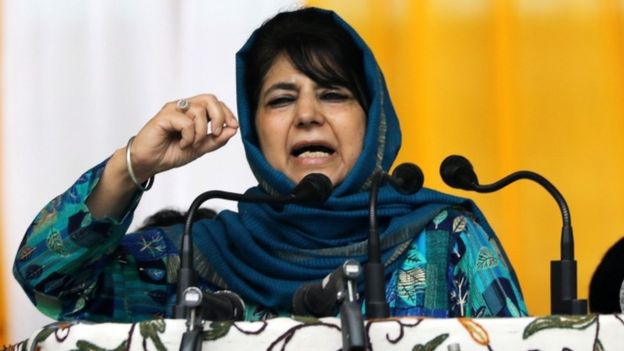
Mehbooba Mufti, former Chief Minister of Indo-Kashmir, posting a tweet on August 05 said,
“Today marks the darkest day in Indian democracy. Decision of J&K leadership to reject 2 nation theory in 1947 & align with India has backfired. Unilateral decision of GOI to scrap Article 370 is illegal & unconstitutional which will make India an occupational force in J&K.”
Another tweet posted by her said,
“Today the people of Jammu & Kashmir who reposed their faith in institutions of India like parliament & Supreme Court feel defeated & betrayed. By dismembering the state & fraudulently taking away what is rightfully & legally ours, they have further complicated the Kashmir dispute”.
She also said that the Modi-led government betrayed the co-existance earned since the country was freed from the British rule in 1947.
Kashmiri Pandits woo Modi!
At present, only one community in Kashmir stands with the shouting of the majority of Hindus in India. They were upper caste Hindus living in Indu Kashmir, known as the Kashmiri Pandit.
The Kashmir Pandits throughout generations coexisted with their Muslim neighborhood in peace, only to be banished from the soils since the guerrilla attacks in 1990’s. Their numbers dropped from 300,000 to 5000 amid the attacks and the survivors fled to rest of the remote provinces of India. Few remained in Jammu.
Apparently, the mass slaughter turned them into Modi loyalists!
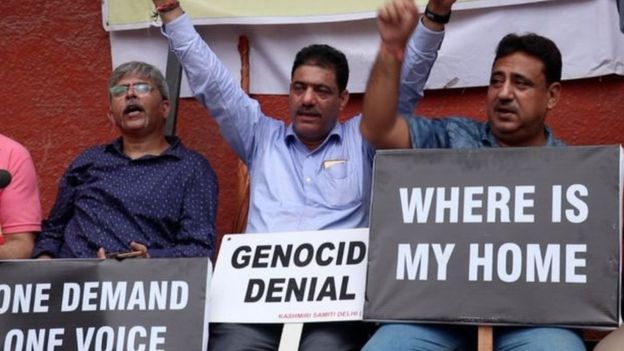
The land ownership of Kashmir
Following the controversial decision made by the Modi-led government, all provisions restricting land acquisitions from Kashmir for non-Kashmirians would be loosened. Upon which, the non-Kashmirians would be privileged to move in to Kashmir, and even make investments. Thus, the long-standing fear of Kashmiri Muslims has been confirmed. Their land, culture and way of life are now at a stake!
Half a million Indian soldiers are now sidelined with 7 million people living in Kashmir.
It is done according to the wishes of the President of India and the majority opinion of the Parliament. Meanwhile Attorney M.L. Sharma, who took the initiative of seeking the justice from Supreme Court of India was deemed as an urgent case and was told it has to be consider only in due process.
As of now, Pakistan declared their displeasure and promise to put maximum effort to stop the madness. Accordingly they cut all ties with India including cutting down the last remained bus service between India and Pakistan.
Opening of an era in which the region being violated in terms of rights of the minority in the name of majority, here turns another dangerous chapter in South Asia’s democracy!
Radika Gunaratne
